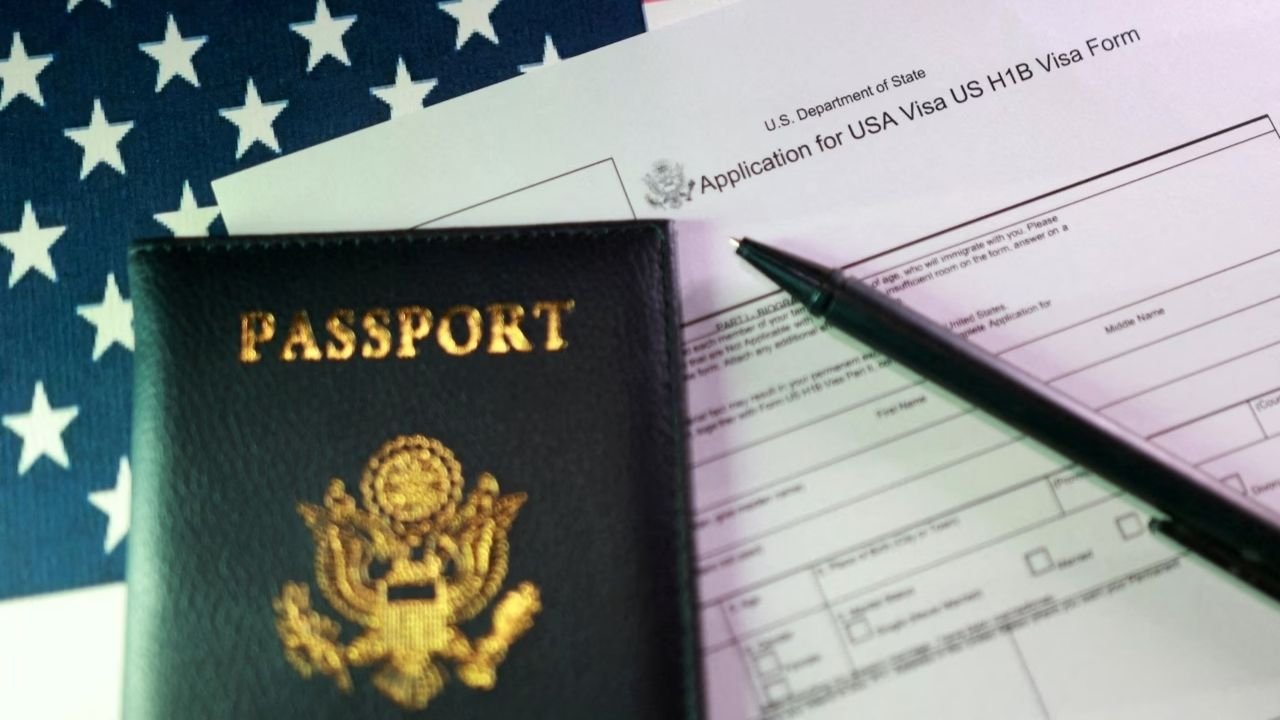The Donald Trump management has added a chain of widespread regulatory and government policy modifications designed to reshape how U.S. Citizenship is granted and maintained. While a lot of these changes are currently challenge to legal venture or within the process of implementation, they sign an aggressive shift in immigration and citizenship coverage. Below is a breakdown of the important thing traits, their cutting-edge reputation, and realistic implications.
What’s Changing? Key Policy Updates
1. Executive Order on Birthright Citizenship
- On January 20, 2025, President Trump signed Executive Order 14160 (“Protecting the Meaning and Value of American Citizenship”), which ambitions to give up computerized birthright citizenship (jus soli) for children born inside the U.S. To mother and father who are neither U.S. Residents nor lawful permanent residents.
- Under the order, the authorities might require additional documentation and parental popularity verification before spotting U.S. Citizenship for such children.
- Status: The order is dealing with multiple prison challenges and has been blocked or stayed in several federal courts.
2. Changes to Naturalization/Nationality Process
- The management has directed the U.S. Citizenship and Immigration Services (USCIS) in the direction of harder standards for naturalization, along with a more rigorous English and civics test. For instance, the notion referred to that the citizenship take a look at is “too easy” and may revert to a version used in 2020 which required more accurate answers.
- Additionally, USCIS is said to intensify scrutiny of the “good moral character” requirement for applicants, expanding its interpretation beyond criminal offenses.
3. Registration Requirements & Biometric Expansion
- The coverage requires some undocumented immigrants to register with the authorities underneath a new mandate.
- USCIS is moving ahead with plans to dramatically extend biometric information series (e.g., fingerprints, iris/palm scans, DNA) for immigration and citizenship applicants.
4. Implementation Plan
USCIS released an implementation plan for Executive Order 14160, which outlines how it might operationalize the citizenship adjustments if the underlying legal hurdles are resolved.
Why These Changes Matter
- Constitutional Implications: The shift on birthright citizenship demanding situations the long-status interpretation of the 14th Amendment, which has been understood to assure citizenship to nearly all individuals born on U.S. Soil.
- Practical Impact for Immigrants and Children: If birthright citizenship is limited, youngsters born in the U.S. To non-citizen dad and mom ought to face uncertain repute, constrained get right of entry to to benefits, and probable prolonged detention/deportation threat.
- Administrative & Identity Verification Burden: Expanded biometrics, stricter moral character evaluation, and new registration requirements will raise the bar for applicants and may increase processing times and denials.
- Legal Uncertainty & State Variation: With courts still blocking or limiting these rules, the final form of citizenship policy may differ significantly from what’s proposed. States may have varying levels of enforcement depending on litigation outcomes.
What You Need to Do (If You Are Affected)
- For Naturalization Applicants: Ensure your citizenship application is complete, accurate, and well-documented. Pay special attention to the “good moral character” criteria—past actions that may not have resulted in criminal charges could still be scrutinized.
- For Parents of U.S.-born Children (to non-citizen / non-LPR parents): Monitor the legal status of Executive Order 14160. While it is not currently fully in effect, the rules being developed may require additional parental documentation for your child’s citizenship claim.
- For Immigrants in the U.S. on Visas: Be aware that registration necessities and more desirable biometrics may also apply. Keep information of your immigration fame, and ensure you follow registration responsibilities in the event that they follow.
- Stay Informed: Because these regulations are subject to courtroom challenges and may alternate, live updated via depended on prison sources or immigration legal professionals.
Potential Challenges & Opposition
- The constitutionality of denying birthright citizenship is heavily contested. Critics argue that the 14th Amendment’s Citizenship Clause guarantees the right to citizenship for all U.S.-born children regardless of parentage.
- Legal obstacles: Multiple courts have blocked implementation of the birthright citizenship order, and the litigation is ongoing.
- Practical logistics: Implementing new biometric regimes, registration systems, and citizenship verification for newborns would require large administrative efforts and may raise privacy and civil-liberties concerns.
Conclusion
The Trump Administration’s new policies concerning U.S. Citizenship—specially through Executive Order 14160 and up to date USCIS policies—signal a more difficult stance on naturalization, birthright citizenship, and applicant vetting. While many adjustments are still being litigated and may not yet be completely in effect, they represent a policy direction that every one candidates and their families must reveal carefully.
If you are making ready for citizenship, apply for naturalization, or are worried approximately children’s citizenship reputation, now’s the time to stay knowledgeable, review your documentation, and are searching for professional guidance. These modifications could redefine the pathway to American citizenship for plenty.
FAQ’s
What does the Gold Card program mean?
It is a pathway for rich investors to gain everlasting residency and in the end apply for citizenship by way of contributing large amounts of cash to the U.S. economy.
When will the Supreme Court determine on those regulations?
The genuine timeline is uncertain, however the Court has agreed to hear arguments. A ruling may come inside the next year, so one can determine if the guidelines stand or are struck down.
Are neighborhood checks a brand new requirement?
Not completely. They were used within the past but are now being revived and extended as part of the vetting system.


